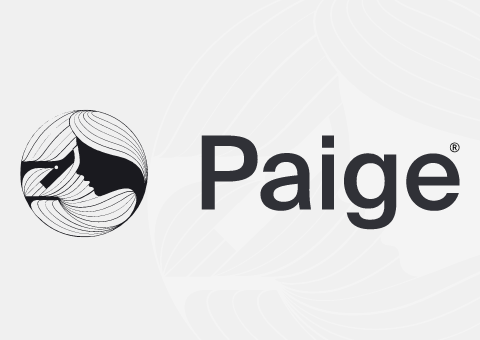Paige.AI, the leading start-up in computational pathology focused on building artificial intelligence (AI) that will transform the clinical diagnosis and treatment of cancer, today announced that it has been granted Breakthrough Device designation by the U.S. Food and Drug Administration (FDA), the first such designation for AI in cancer diagnosis publicly announced by any company.
“Paige.AI is focused on providing artificial intelligence tools to pathologists that will enable them to become faster and more accurate in their diagnosis and treatment recommendations for the care of cancer patients,” said Dr. Leo Grady, Chief Executive Officer of Paige.AI. “We are thrilled to receive Breakthrough designation and look forward to collaborating with the FDA to bring our products to market, starting with prostate cancer and expanding from there.”
The FDA’s Breakthrough Device designation is granted for technologies that have the potential to provide for more effective diagnosis or treatment for life-threatening or irreversibly debilitating diseases, where timely availability is in the best interest of patients because no approved alternative exists or because the technology offers significant advantages over existing approved alternatives. The Breakthrough Device program was created by the 21st Century Cures Act.
“We are honored to have been granted Breakthrough designation by the FDA, which underscores the groundbreaking nature of our technology as the leading clinical-grade AI in computational pathology to combine vast amounts of high-quality data with unique deep learning architectures in service of delivering better patient care,” said Dr. Thomas Fuchs, Co-Founder of Paige.AI.
Paige.AI was launched in early 2018 based on technology developed by Fuchs and his colleagues and a license agreement with Memorial Sloan Kettering Cancer Center (MSK). MSK began digitizing its pathology slides four years ago. Under the license agreement, Paige.AI receives de-identified images of digitized slides – more than one million such slides to date — and is funding the digitization of an additional four million archive slides, which in total will create the largest digital pathology dataset. Paige.AI is working with this de-identified dataset to develop a comprehensive portfolio of AI products across cancer subtypes to serve the needs of pathologists around the world.

